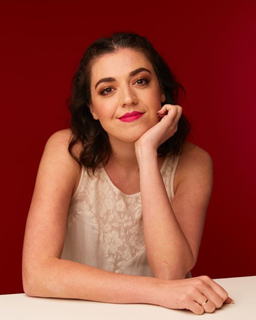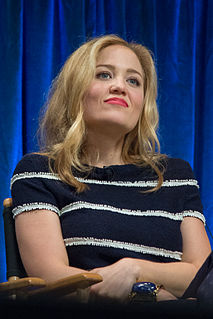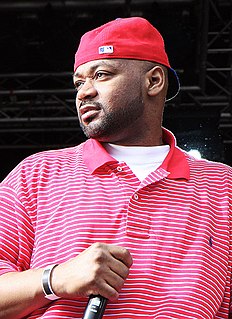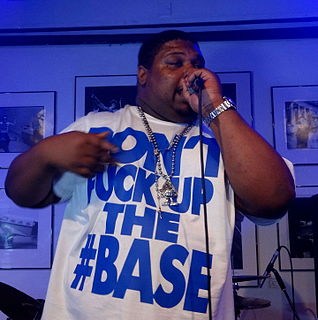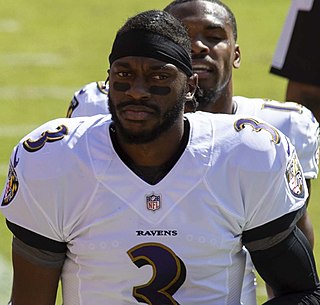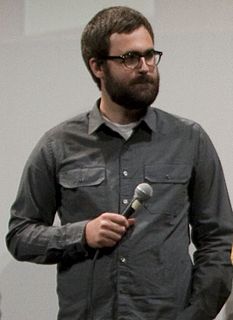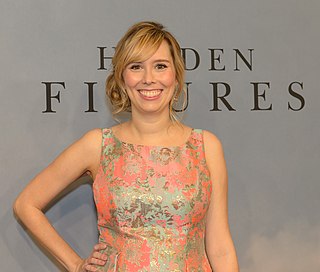A Quote by Pat Summitt
I think you can challenge people, but you don't want to break people down. But you've got to sometimes just pull them aside and say, you know, you're OK but you could be better.
Related Quotes
We have to train our kids better and really enforce in them that no matter what mainstream media and pop culture and all of the terrible things around us say - that it's OK to tear people down, that somehow it will make you feel better, and it's OK to gossip about people - it won't make you feel better.
I'm a big believer in you make your argument to everybody, and you do it in a way that is real and very candid. Even if people don't agree with you, they appreciate that you're telling them what you believe and they know that you care about them. That's I think a very important part of it that sometimes gets missed, is that people will be OK with you saying something they're not totally on-board with as long as they know that you believe it because you want to help them. That means you've got to care about everybody.
People say strange things, the boy thought. Sometimes it's better to be with the sheep, who don't say anything. And better still to be alone with one's books. They tell their incredible stories at the time when you want to hear them. But when you're talking to people, they say some things that are so strange that you don't know how to continue the conversation.
Sometimes I wish it were a simpler world. I love and hate people. When I say I hate people, I really truly mean it. Sometimes I think everyone should be dead, that the animals would be better off without people. But sometimes I go into the square and I look at all the people passing me by and it fulfills me -as long as they don't bother me. As long as they just walk past and don't ask me for anything, it's fine. I almost wish I could think about it in a mundane way.
Here in Europe some of the challenges have to do with structures that are so complicated. You've got Brussels, and you've got parliament, you've got councils and then you've got national governments. So people sometimes don't feel as if they know who's making decisions, and the more that we can bring people in and engage them, the better. Some of it is also cultural and social, people's sense of identity.
Whether or not belive in Fate comes down to one thing: who you blame when something goes wrong. Do you think it's your fault - that if you'd tried better, worked harder, it wouldn't have happened? Or do you just chalk it up to circumstance? I know poeple who'll hear about the people who died, and will say that it was God's will. I know people who'll say it was bad luck. And then there's my personal favorite: They were just in the wrong place at hte wrong time. Then again, you could say the same thing about me, couldn't you?
I don't have to do much. What I was surprised at and the challenge was that dealing with an ensemble cast who are in scenes together everyday all day, that is a challenge. It's a challenge to make sure everyone get as much coverage and attention, it got just kind of competitive. I loved it because it made it funnier, but the improv went nuts. People were like, "Oh wait. I have something better to say." "Now, I'm going to say..."
If you want a film and they don't want you, sometimes you have to go fight for it. Sometimes that ends up just being a meeting really, just sitting down with them and just saying here is my vision for it and here is why I really love it. But for the most part, I think filmmakers gravitate towards people that are excited - as excited as they are about the film and as passionate about it. So sometimes going after it isn't so much a function of auditioning as it is just sitting down with the filmmaker.
People sometimes think of 'queen' as a title that's shrouded with protocol and formality, and for that reason sometimes people are not easily saying what they want to say. They're reluctant to express their opinions, and I kind of find that frustrating because I want to know what people really, really think.
There's so many gatekeepers to getting in front of showrunners or executives. If we pull those middlemen out, and we get women in rooms with the executives, the people hiring, it seems to break down barriers. Because they can no longer say, 'There just aren't any women to hire,' when you're surrounded by fifty of them.
I definitely isolate, but I also always have people in front of me, and I have to be OK with that. I'm in a business where, on the set, you're around two hundred people every day, and if you're high on the call sheet, you sort of set the tone for the set. And you want people to feel appreciated, and you want to ask them how their kids are. You want to talk to people and invest in them and let them know that they're appreciated and heard. But then I do like to just kind of withdraw.

